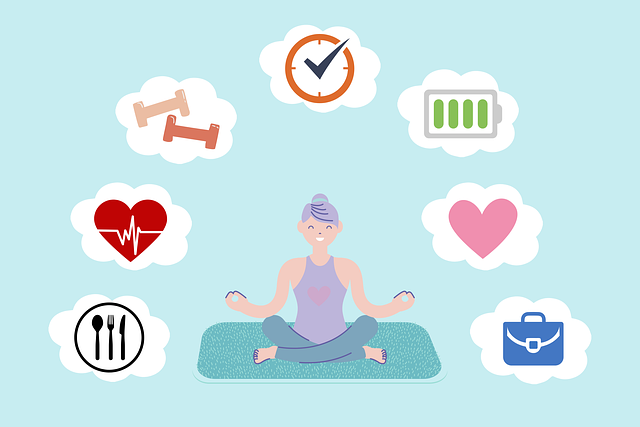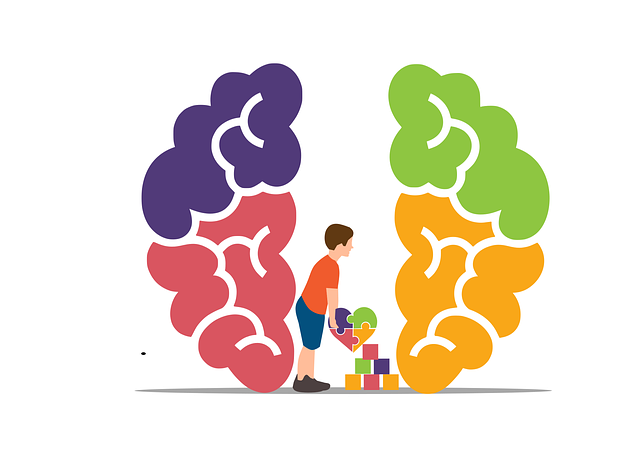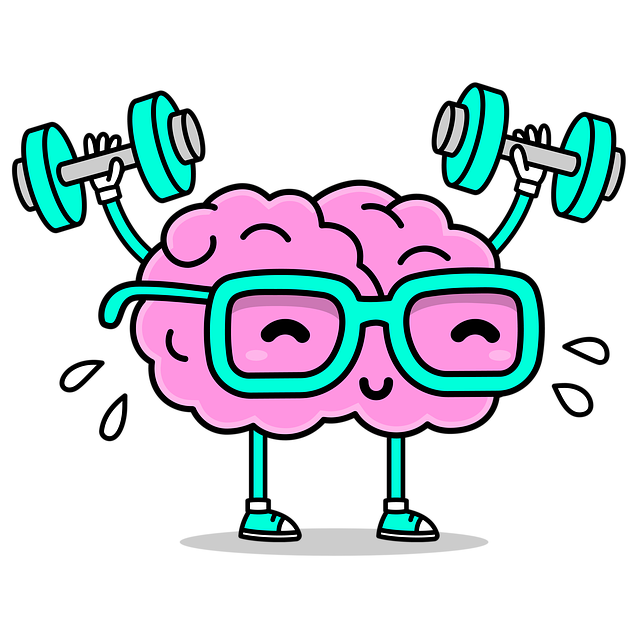Personalized self-care routines, tailored through understanding individual needs, are vital for effective mood management and mental wellness. This involves creative therapies like art, music, and play for children's emotional expression, coupled with culturally sensitive communication strategies for couples. A holistic approach integrates physical health, emotional regulation, and social connections, including regular exercise, mindfulness, quality sleep, and open communication. Healthcare providers should undergo cultural competency training to address specific issues faced by children and couples, ultimately enhancing mental health outcomes through consistent, personalized routines.
Developing a mental wellness self-care routine is essential for maintaining overall well-being. This article guides you through understanding individual needs, a crucial foundation for effective self-care. We explore integrated therapies tailored for children and couples facing communication issues—a vibrant solution to fostering emotional health. Additionally, we offer practical tips for cultivating a holistic routine, enabling sustainable mental wellness in today’s bustling world. Discover how these strategies can enhance your life, from navigating therapy for children and couples to creating a harmonious balance.
- Understanding Individual Needs: A Foundation for Self-Care
- Integrating Therapies for Children and Couples Communication Issues
- Cultivating a Holistic Routine: Tips for Sustainable Mental Wellness
Understanding Individual Needs: A Foundation for Self-Care

Understanding Individual Needs is a crucial foundation when developing a self-care routine. Every person’s mental wellness journey is unique; what works for one might not be suitable for another. This personalization requires introspection and, in some cases, professional guidance from therapists specializing in therapy for children or couples communication issues.
Mental health awareness has led to a greater recognition of the importance of Self-Care Practices in managing mood. By recognizing our individual needs, we can create routines that support our mental wellness. These practices should be adaptable and responsive to our changing moods, ensuring effective Mood Management throughout our daily lives.
Integrating Therapies for Children and Couples Communication Issues

Integrating therapies for children and couples with communication issues is a nuanced approach that requires careful consideration. Children often struggle to express their feelings verbally, so creative therapies like art, music, or play therapy can open doors to understanding hidden emotions and challenges. Similarly, couples face unique communication barriers that traditional talk therapy aims to address. By combining these therapeutic methods, mental health professionals can create a more inclusive and effective support system.
Cultural sensitivity in mental healthcare practice plays a significant role here. Therapists must adapt their approaches to respect diverse cultural backgrounds and beliefs about emotional expression. This ensures that both children and couples feel heard and understood, fostering a safe space for open communication. Incorporating stress reduction methods tailored to these specific populations can also enhance therapy outcomes, targeting the root causes of communication issues within families.
Cultivating a Holistic Routine: Tips for Sustainable Mental Wellness

Developing a holistic self-care routine is essential for maintaining sustainable mental wellness. It involves integrating various aspects of your life that contribute to your overall well-being, including physical health, emotional regulation, and social connections. For instance, incorporating regular exercise, mindfulness practices, and quality sleep can significantly enhance resilience building. Additionally, fostering open communication with couples or seeking therapy for children addressing specific issues can create a supportive environment, allowing individuals to explore their feelings and develop healthy coping mechanisms.
A well-rounded routine also encourages cultural competency training among healthcare providers, ensuring they offer tailored support that respects diverse backgrounds. By combining these elements, you create a harmonious mental wellness podcast series production, where each component reinforces the others, leading to improved mental health outcomes. Remember, consistency and personalization are key; what works for one person might differ from another, so it’s important to listen to your body and mind, adapting your routine as needed.
Developing a mental wellness self-care routine is a personalized journey, especially when addressing specific challenges like therapy for children and couples communication issues. By understanding individual needs and integrating holistic practices, we can foster sustainable mental wellness. Cultivating a balanced routine that incorporates various techniques allows us to navigate life’s complexities with resilience and grace.








